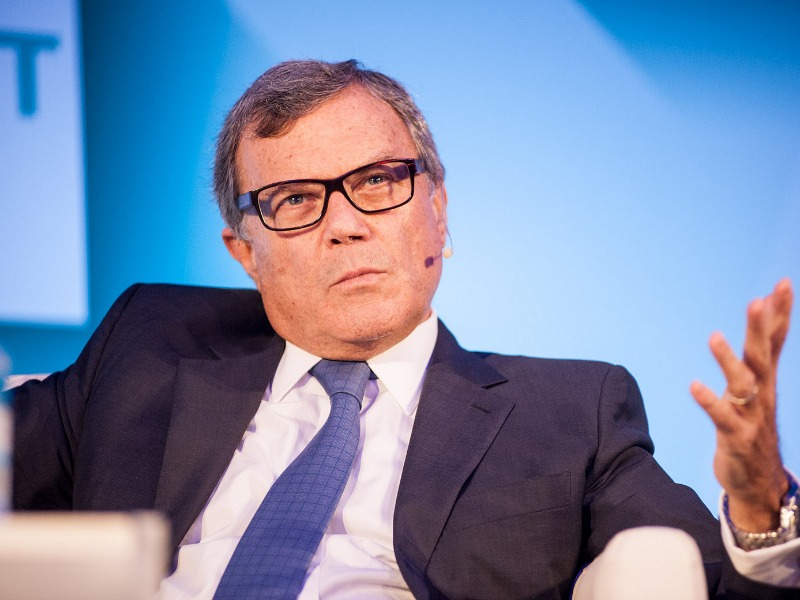Holmes Report 23 Apr 2015 // 6:54AM GMT

LONDON—WPP has reported public relations revenue growth of 0.9% on a like-for-like basis in the first quarter of 2015.
The groups PR and public affairs firms, which include Burson-Marsteller, H+K Strategies and Ogilvy PR, grew revenues by 5.2% on a reported basis to £224m, representing a 2.3% upturn at constant currency exchange rates. PR/PA accounted for 8% of the group's overall Q1 revenues of £2.8bn.
In terms of net sales, WPP's PR and PA firms grew 1.2% on a like-for-like basis to £219m, a slower rate of growth than the final quarter of 2014, which was the strongest quarter last year for this sector. "All regions, except the United Kingdom and Continental Europe, were up, with strong growth in Asia-Pacific, Latin America, Africa and the Middle East," the group reported of its PR firms..
The group's overall reported revenue was up 8.3% during Q1, amid volatile exchange rates during the first quarter of the year. Revenue in constant currency was up 7.4%, "reflecting the slight currency tailwinds in the first quarter, principally reflecting the weakness of sterling against the US dollar, partly offset by the strength of sterling against the euro." On a like-for-like basis, excluding the impact of acquisitions and currency fluctuations, revenue was up 5.2%.
In the group's trading report, WPP CEO Sir Martin Sorrell noted that "geopolitical issues remain top of business leaders’ concerns."
"The Ukraine and consequent Russian sanctions, continued tensions in the Middle East and North Africa and, the increasing likelihood of a 'Grexit' from the European Community top the agenda," said Sorrell, who also pointed to two other "grey swans" — Federal Reserve tightening and the UK general election.
Accordingly, Sorrell said that "whilst clients are certainly more confident than they were in September 2008 post-Lehman," a range of concerns, including "sub-trend global GDP growth" and "geopolitical uncertainty, low inflation or fears of deflation, resulting in limited pricing power, short-term focused activist investors and strengthened corporate governance scrutiny," are making companies "unwilling to take further risks and, therefore, focus on costs, rather than revenue growth."


































.jpg)




.tmb-135x100.jpg)












